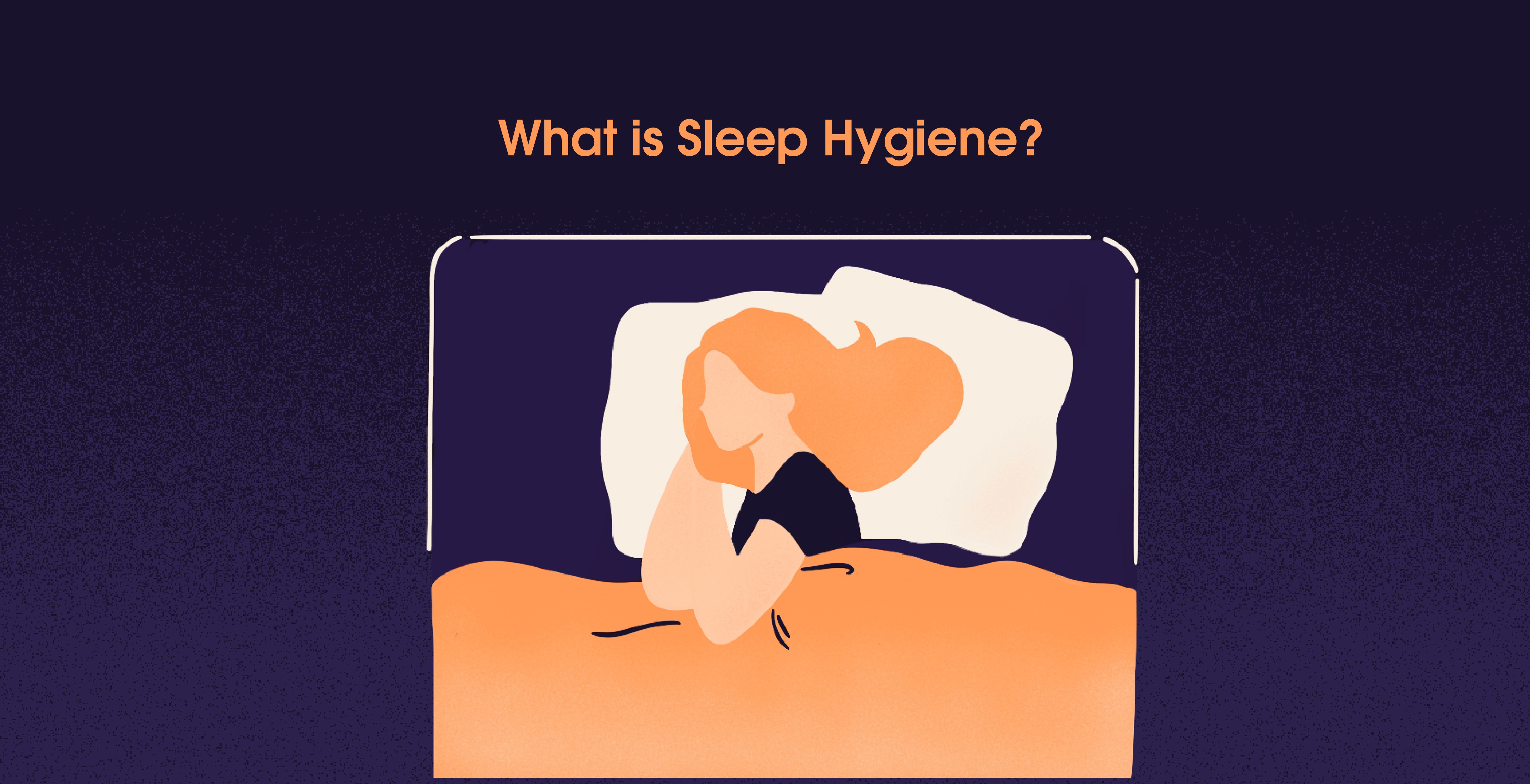The Cortisol Connection: Managing Stress-Induced Sleep Disruptions
Jan 6, 2025
Aparna Hurtis
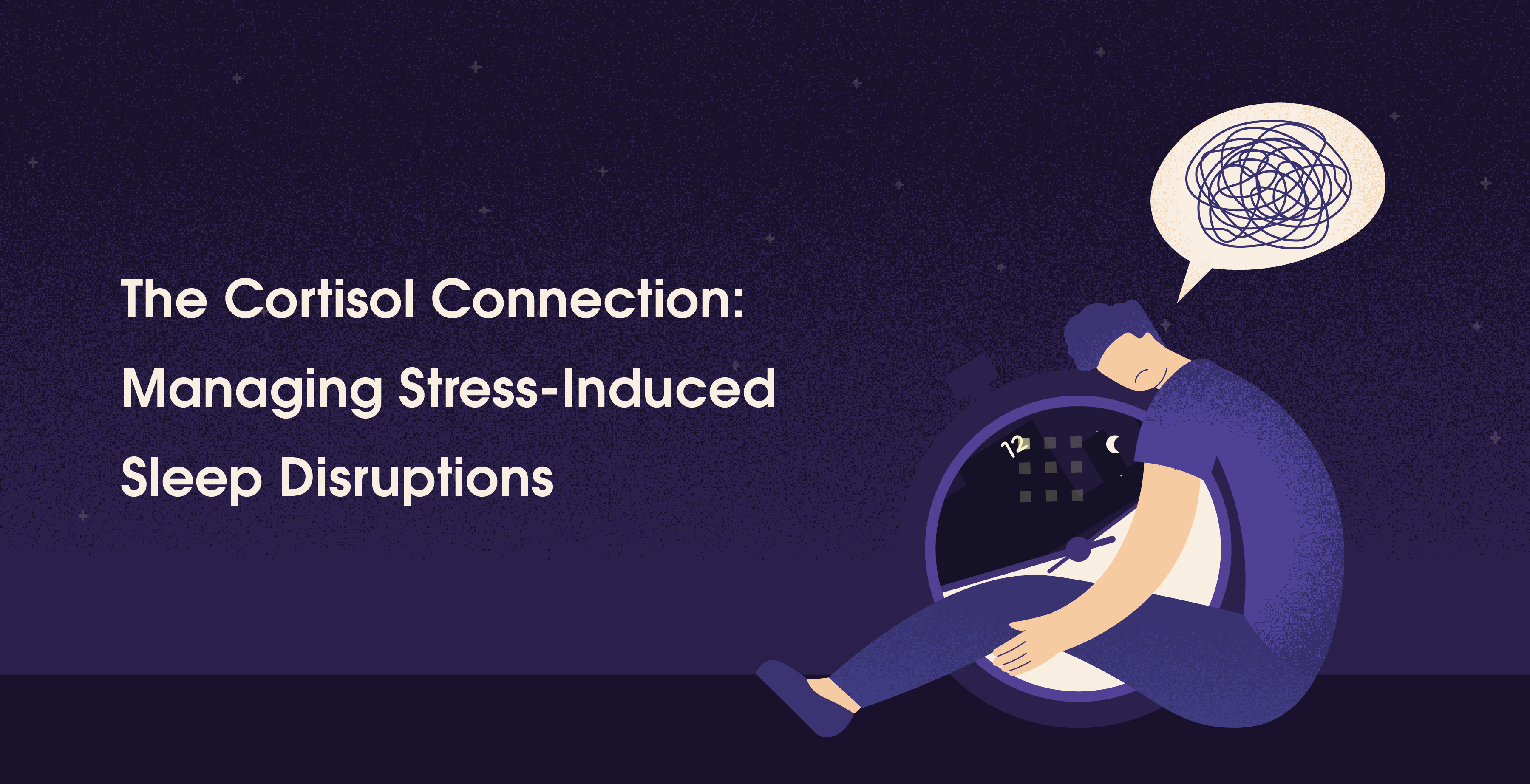


Table Of Contents
Ever found yourself tossing and turning at night, your mind replaying the day’s dramas or dreading tomorrow’s challenges? You’re not alone. Millions of people grapple with sleep issues, and more often than not, stress is the sneaky culprit behind those restless nights. At the heart of this stress-sleep tango lies cortisol, a hormone with a dual reputation: it’s your body’s trusty alarm clock but also its unwelcome overachiever when life gets chaotic.
Highlights
Cortisol is essential for energy and alertness but can disrupt sleep when stress keeps it elevated.
Stress amplifies at night due to fewer distractions, leading to overthinking and heightened cortisol levels.
Poor sleep and high stress form a vicious cycle, each fueling the other.
Pre-sleep rituals like dimming lights, avoiding screens, and meditating help signal the brain to relax.
Viewing stress as a signal rather than an enemy fosters clarity and control, especially through journaling.
Gentle evening exercises like yoga or stretching calm the nervous system and release tension.
Diet impacts cortisol; opting for calming foods and herbal teas over caffeine and sugar can improve sleep.
Managing stress and sleep isn’t about perfection; small changes create lasting improvements.
Self-compassion is key in navigating modern stress and reclaiming restful nights.
Cortisol: Friend or Foe?
Cortisol hormone powers you through your morning routine, helps you stay alert, and gives you that burst of energy to tackle challenges. But when stress overstays its welcome, cortisol turns from a helpful companion into a relentless drill sergeant. Instead of following its natural ebb and flow, it lingers in high gear, especially when you’re supposed to be winding down.
Just Imagine - Your body is designed to lower cortisol levels as night approaches, signaling it’s time for rest. But when stress strikes, cortisol gets its wires crossed, keeping you on high alert. The result? A vicious cycle where stress disrupts sleep, and poor sleep fuels even more stress. It’s like trying to put out a fire with gasoline.
Why Stress Feels Louder at Night
Have you noticed that worries tend to amplify after dark? That’s no coincidence. During the day, distractions like work, socializing, or even scrolling through memes act as mental buffers. But when the lights go out and the world quiets down, your brain seizes the moment to rehash unresolved issues. Add elevated cortisol to the mix, and you’ve got a recipe for late-night overthinking.
Interestingly, our ancestors might have appreciated this hyper-vigilance. Back in the day, being alert to potential dangers after sunset was a survival tactic. Fast forward to now, and your brain still interprets modern stressors—deadlines, conflicts, or financial worries—as threats, keeping your body in fight-or-flight mode when it should be drifting into dreamland.
Breaking Free from the Cycle
So, how do you reclaim your nights from cortisol’s grip? It’s not about erasing stress altogether—life will always throw curveballs—but learning how to keep your body’s stress response in check.
Create a Pre-Sleep Ritual
Think of bedtime as a sacred transition, not an abrupt halt. Dim the lights, put away your screens, and embrace calming activities like reading or meditating. This signals your brain that it’s safe to relax. Even ten minutes of mindful breathing can shift your body from high alert to rest-and-digest mode.
Rethink Your Relationship with Stress
Stress often feels like an unwelcome guest, but it can also be a teacher. Instead of battling it, acknowledge its presence and get curious. What is it trying to tell you? Journaling can help you untangle these thoughts, giving you a sense of clarity—and control—before bed.
Move Your Body, Gently
Exercise is a proven stress-buster, but timing matters. A high-intensity workout too close to bedtime might spike cortisol further. Opt for gentler evening activities like yoga or stretching, which calm your nervous system while releasing pent-up tension.
Nourish Your Body, Calm Your Mind
What you consume during the day has a sneaky way of influencing your night. Caffeine, sugary snacks, and late-night meals can all nudge cortisol levels in the wrong direction. Swap these for herbal teas, magnesium-rich foods, or a calming nighttime snack like a handful of almonds.
The Bigger Picture
Sleep disruptions are frustrating, sure, but they’re also a signal—a nudge to recalibrate how you manage stress. It’s not about perfection. Some nights will still be restless, but over time, small changes add up. You might find that your body and mind learn to cooperate, finding balance even amidst life’s unpredictability.
If there’s one takeaway, it’s this: be kind to yourself. Modern life makes it nearly impossible to dodge stress altogether, but you don’t have to let it hijack your nights. By nurturing healthy habits, leaning into self-compassion, and addressing stress head-on, you can rewrite your relationship with sleep—and maybe even with cortisol itself.
As the old saying goes, “The night brings counsel.” With a little effort, it can also bring rest.
Ever found yourself tossing and turning at night, your mind replaying the day’s dramas or dreading tomorrow’s challenges? You’re not alone. Millions of people grapple with sleep issues, and more often than not, stress is the sneaky culprit behind those restless nights. At the heart of this stress-sleep tango lies cortisol, a hormone with a dual reputation: it’s your body’s trusty alarm clock but also its unwelcome overachiever when life gets chaotic.
Highlights
Cortisol is essential for energy and alertness but can disrupt sleep when stress keeps it elevated.
Stress amplifies at night due to fewer distractions, leading to overthinking and heightened cortisol levels.
Poor sleep and high stress form a vicious cycle, each fueling the other.
Pre-sleep rituals like dimming lights, avoiding screens, and meditating help signal the brain to relax.
Viewing stress as a signal rather than an enemy fosters clarity and control, especially through journaling.
Gentle evening exercises like yoga or stretching calm the nervous system and release tension.
Diet impacts cortisol; opting for calming foods and herbal teas over caffeine and sugar can improve sleep.
Managing stress and sleep isn’t about perfection; small changes create lasting improvements.
Self-compassion is key in navigating modern stress and reclaiming restful nights.
Cortisol: Friend or Foe?
Cortisol hormone powers you through your morning routine, helps you stay alert, and gives you that burst of energy to tackle challenges. But when stress overstays its welcome, cortisol turns from a helpful companion into a relentless drill sergeant. Instead of following its natural ebb and flow, it lingers in high gear, especially when you’re supposed to be winding down.
Just Imagine - Your body is designed to lower cortisol levels as night approaches, signaling it’s time for rest. But when stress strikes, cortisol gets its wires crossed, keeping you on high alert. The result? A vicious cycle where stress disrupts sleep, and poor sleep fuels even more stress. It’s like trying to put out a fire with gasoline.
Why Stress Feels Louder at Night
Have you noticed that worries tend to amplify after dark? That’s no coincidence. During the day, distractions like work, socializing, or even scrolling through memes act as mental buffers. But when the lights go out and the world quiets down, your brain seizes the moment to rehash unresolved issues. Add elevated cortisol to the mix, and you’ve got a recipe for late-night overthinking.
Interestingly, our ancestors might have appreciated this hyper-vigilance. Back in the day, being alert to potential dangers after sunset was a survival tactic. Fast forward to now, and your brain still interprets modern stressors—deadlines, conflicts, or financial worries—as threats, keeping your body in fight-or-flight mode when it should be drifting into dreamland.
Breaking Free from the Cycle
So, how do you reclaim your nights from cortisol’s grip? It’s not about erasing stress altogether—life will always throw curveballs—but learning how to keep your body’s stress response in check.
Create a Pre-Sleep Ritual
Think of bedtime as a sacred transition, not an abrupt halt. Dim the lights, put away your screens, and embrace calming activities like reading or meditating. This signals your brain that it’s safe to relax. Even ten minutes of mindful breathing can shift your body from high alert to rest-and-digest mode.
Rethink Your Relationship with Stress
Stress often feels like an unwelcome guest, but it can also be a teacher. Instead of battling it, acknowledge its presence and get curious. What is it trying to tell you? Journaling can help you untangle these thoughts, giving you a sense of clarity—and control—before bed.
Move Your Body, Gently
Exercise is a proven stress-buster, but timing matters. A high-intensity workout too close to bedtime might spike cortisol further. Opt for gentler evening activities like yoga or stretching, which calm your nervous system while releasing pent-up tension.
Nourish Your Body, Calm Your Mind
What you consume during the day has a sneaky way of influencing your night. Caffeine, sugary snacks, and late-night meals can all nudge cortisol levels in the wrong direction. Swap these for herbal teas, magnesium-rich foods, or a calming nighttime snack like a handful of almonds.
The Bigger Picture
Sleep disruptions are frustrating, sure, but they’re also a signal—a nudge to recalibrate how you manage stress. It’s not about perfection. Some nights will still be restless, but over time, small changes add up. You might find that your body and mind learn to cooperate, finding balance even amidst life’s unpredictability.
If there’s one takeaway, it’s this: be kind to yourself. Modern life makes it nearly impossible to dodge stress altogether, but you don’t have to let it hijack your nights. By nurturing healthy habits, leaning into self-compassion, and addressing stress head-on, you can rewrite your relationship with sleep—and maybe even with cortisol itself.
As the old saying goes, “The night brings counsel.” With a little effort, it can also bring rest.
Table Of Contents
Table Of Contents
Table Of Contents
Read More
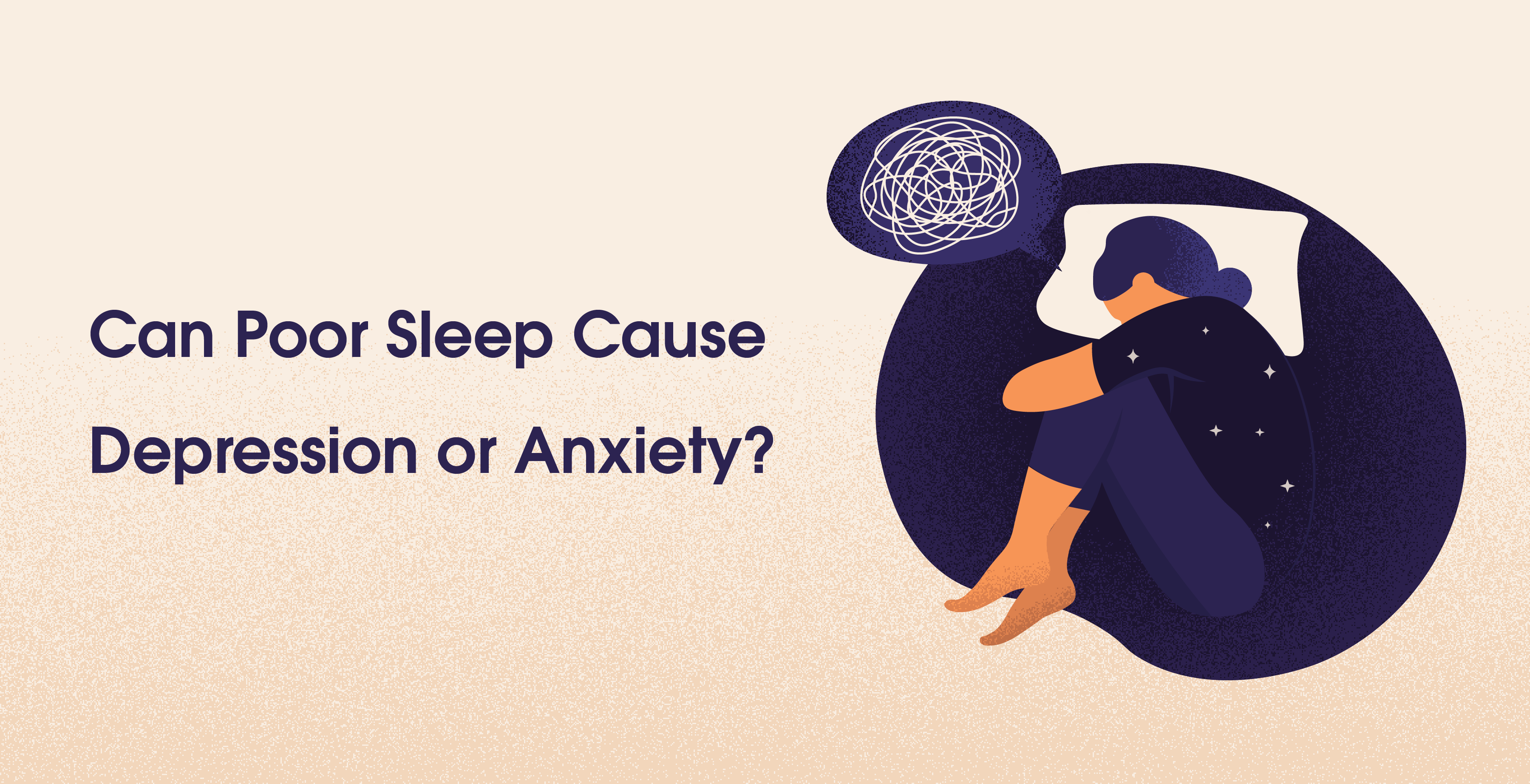

Jan 22, 2025
Sayfali Rawlani
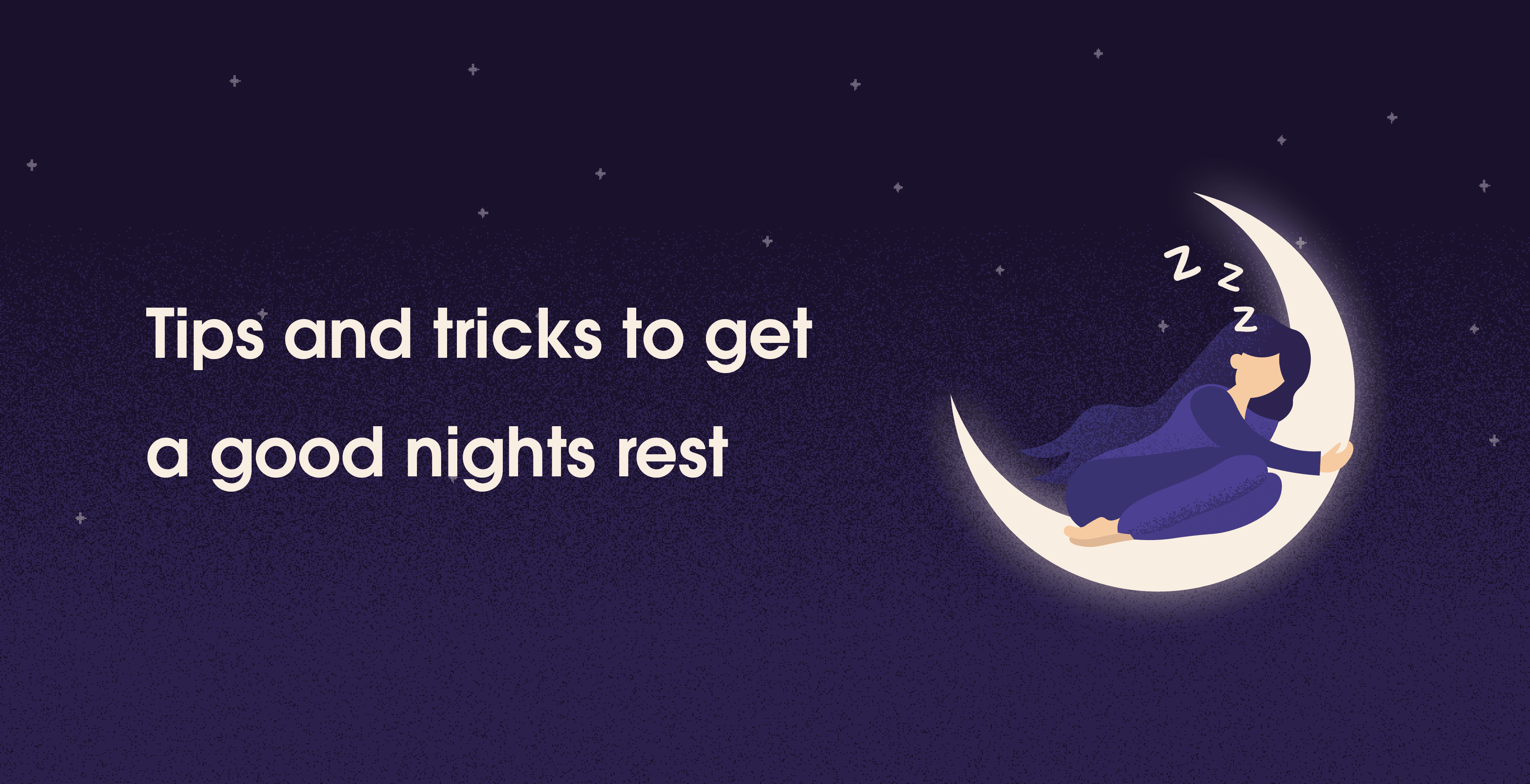

Nov 27, 2024
Sayfali Rawlani
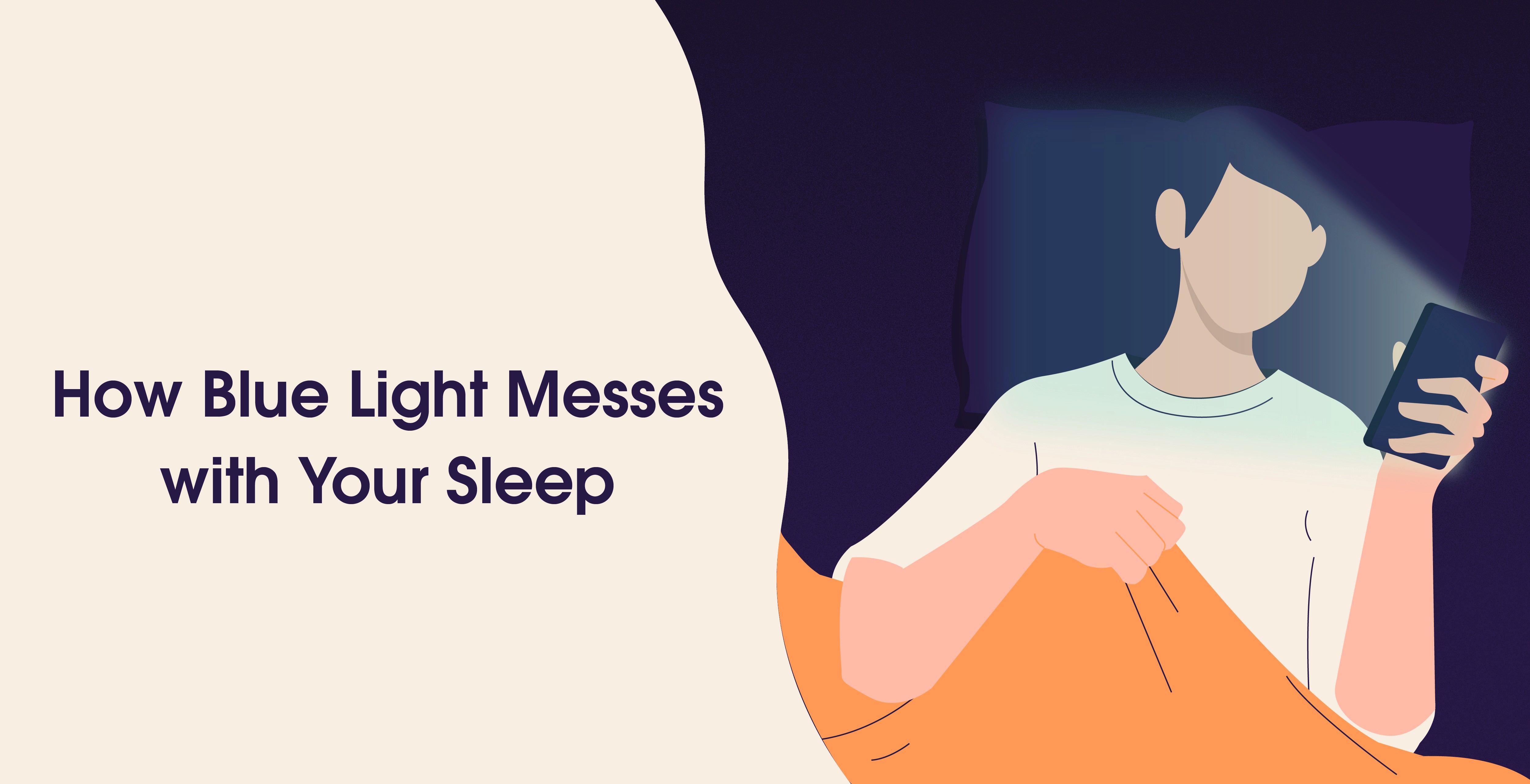

Nov 4, 2024
Sayfali Rawlani



Company
Copyright © 2025 trst health. All right reserved.

